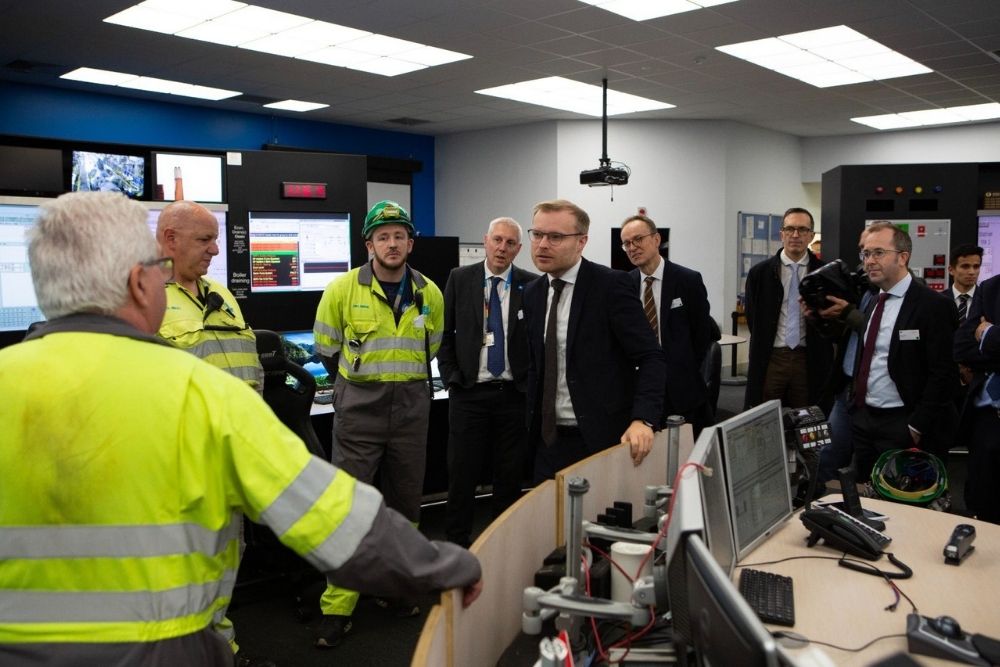Cheniere will supply 0.8 mtpa of LNG to Germany’s BASF
- August 23, 2023
- Posted by: Quatro Strategies
- Categories: Europe, Oil & Gas, United States
Cheniere Energy has announced a new liquefied natural gas (LNG) supply deal with Germany’s BASF, where it will provide 0.8 million tonnes per annum (mtpa) of LNG. The deal marks another step in the United States’ emergence as the world’s largest LNG exporter, capitalizing on Europe’s search for alternative sources after Western sanctions limited access to Russian gas.
Cheniere Energy has been actively securing supply agreements, having previously signed deals with companies such as Equinor from Norway, Korea Southern Power, and China’s ENN Natural Gas.
This newly announced contract with BASF will also support Cheniere’s expansion efforts, particularly at its Sabine Pass LNG facility in Louisiana. The facility’s expansion aims to reach a total LNG capacity of around 20 mtpa.
The deliveries of LNG to BASF will commence in mid-2026 and are set to increase to approximately 0.8 mtpa once the seventh train of the Sabine Pass project becomes operational.
This long-term supply agreement is expected to extend until 2043, contributing to the stability of Cheniere’s business and supporting its expansion plans in the LNG market.
Interested in learning more?
Sign up for Top Insights Today

Top Insights Today delivers the latest insights straight to your inbox.
You will get daily industry insights on
Oil & Gas, Rare Earths & Commodities, Mining & Metals, EVs & Battery Technology, ESG & Renewable Energy, AI & Semiconductors, Aerospace & Defense, Sanctions & Regulation, Business & Politics.



